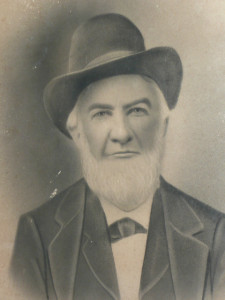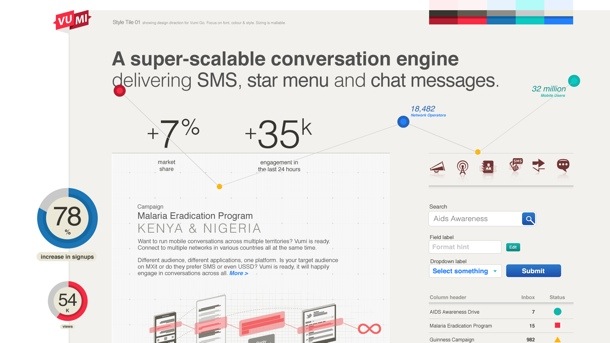
There’s something endearing about some of the conversations that we have in academic and consulting circles as it relates to mobile ministry (#mobmin). Sometimes, I get the expression – not just an impression, but a stated fact – that those who are leading in this space have all the answers. Or, at the very least have the body of work that makes it possible to just call solutions into the ether. And I get it, we are familiar with other industries where folks aren’t just working out whatever works, but they are putting for best practices – these actions that have predetermined results.
Mobile isn’t old enough, nor always refined enough to do things like that. And in a recent reading about Richard Street and a person’s reflections on his life and career, this was something I was skillfully reminded of:
Here I found the true meaning of “Practice”, with regard to medicine. Over the years, through countless struggles to preserve the health of those terminally ill, through tomes of medical literature the good doctor would pour until he had exhausted all known medical knowledge; he then would turn to the Almighty for prayer. Each painful loss only fueled his drive, his passion to prevent it from happening again. Each time, he would become better at what he did, continually striving to better himself, not only as a doctor, but also as a Christian. In essence, he practiced what he preached, and strove to become a better man while here on this earth for it.
To those businesses and ministry leaders who read this and immediately think that I’m taking the road of “well, he’s trying to hide his inexperience with a separate context,” I want to caution you. Having been in this space since 2004, an whole lot of what’s done is a matter of experiment and practice. There are items that do have definitive results – building a mobile website alongside your standard one if you are a church (or going the responsive website route); doing SMS alerts if your organization has devotional or event-led communications; and a few others. Not everything is going to get the mass of use you envision, and not everything is going to be successful towards reaching (read: broadcasting while receiving usable feedback) everyone. You have to have a measure of technical patience, and a larger one of spiritual patience.
When you do your posture either becomes one of contentment towards what is or isn’t working. Or, you derive better methods and outcomes from what you’ve learned. In any case, its mobile ministry as a practice more than it is as a finished performance. If you can get your head around that, then what you define as the “golden moment,” might carry a view that looks more like God’s than Wall Street’s.







